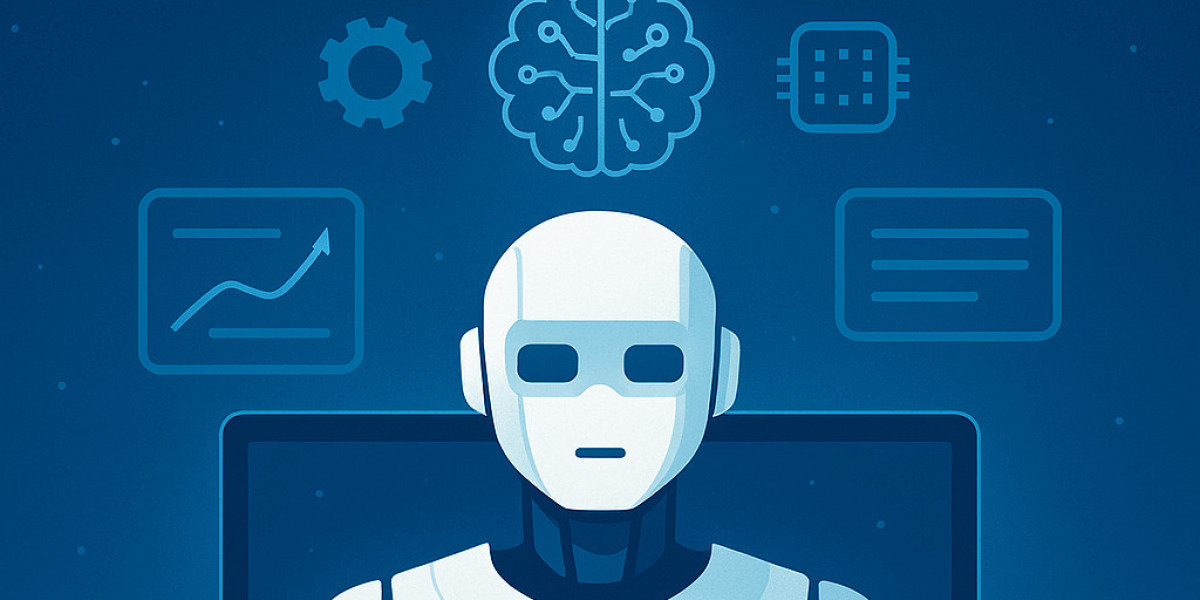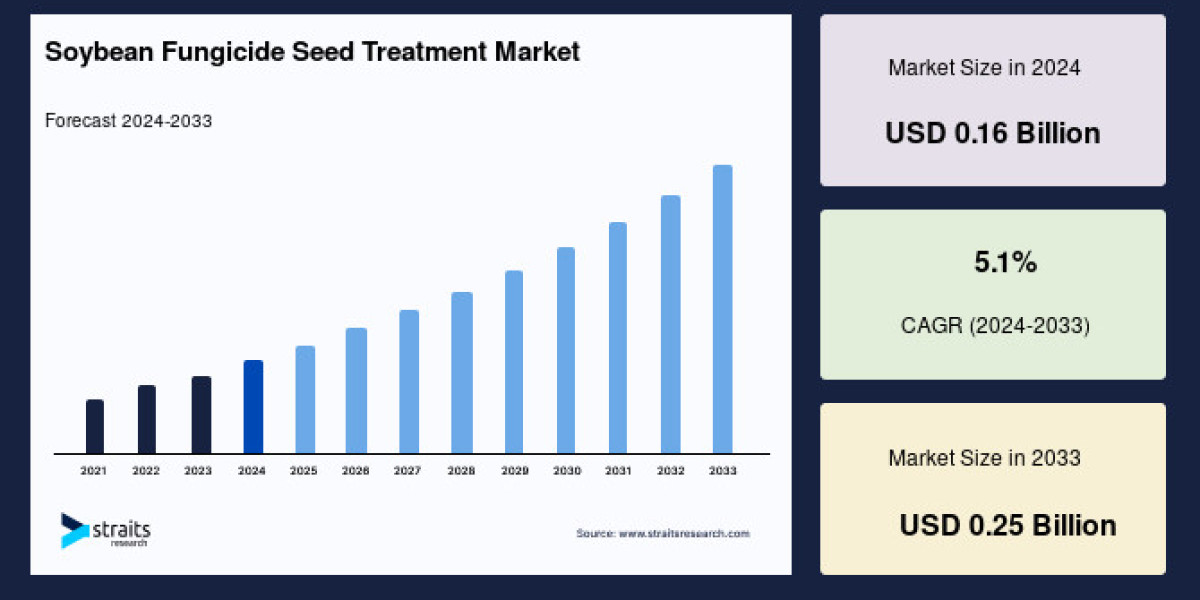Introduction
The integration of artificial intelligence into operating systems is reshaping the future of computing. An AI Operating System is designed to enhance user experience, automate processes, and optimize system performance through machine learning, natural language processing, and intelligent decision-making. As technology advances, AI-driven operating systems are becoming the foundation of smart computing, enabling more personalized, efficient, and adaptive computing experiences across various devices.
What is an AI Operating System?
An AI Operating System is an advanced software platform that incorporates artificial intelligence capabilities to manage hardware and software resources intelligently. Unlike traditional operating systems, which rely on static instructions, AI-driven OS learns from user behavior, optimizes system functions, and continuously adapts to improve efficiency and usability.
By leveraging machine learning, neural networks, and deep learning algorithms, an AI Operating System can predict user needs, automate routine tasks, enhance security, and provide a more interactive computing experience. These smart systems are not limited to computers and mobile devices but also extend to IoT (Internet of Things), robotics, and cloud-based services.
Key Features of AI Operating Systems
The development of AI Operating Systems introduces several key features that distinguish them from traditional OS:
1. Intelligent Personalization
AI-driven OS learns from user preferences, behavior, and interactions to deliver a customized experience. This includes:
Personalized app recommendations
Smart notifications and suggestions
Dynamic UI adjustments based on user habits
2. Advanced Voice and Gesture Control
Modern AI-powered OS supports voice and gesture recognition, allowing users to interact with their devices more intuitively. This feature enhances accessibility and enables hands-free operation.
3. Predictive and Automated Task Management
AI-based automation helps manage background processes, optimize battery life, and enhance multitasking. For instance, an AI Operating System can:
Automatically close unused apps to free up memory
Predict which applications users will need next
Optimize power consumption based on usage patterns
4. Real-Time Security and Threat Detection
AI-driven security mechanisms in operating systems can:
Detect and prevent cyber threats in real-time
Identify anomalies in user behavior
Implement adaptive security protocols to enhance protection
5. Seamless Integration with Smart Devices
AI-powered operating systems enhance connectivity across multiple devices, enabling smart homes, autonomous vehicles, and wearable technology to work seamlessly together.
The Role of AI Operating Systems in Smart Computing
Smart computing is about efficiency, automation, and adaptability. The role of an AI Operating System in smart computing includes:
1. Enhancing Productivity
AI-driven OS helps users complete tasks faster by automating repetitive processes, prioritizing workloads, and offering intelligent suggestions. Whether in business applications or personal computing, AI-powered OS streamlines operations and improves workflow efficiency.
2. Revolutionizing User Experience
With machine learning algorithms, an AI Operating System can predict user behavior, making interactions more intuitive. Voice assistants like Siri, Google Assistant, and Cortana are examples of AI’s integration into OS to facilitate user engagement.
3. Reducing Energy Consumption
AI-based OS optimizes energy usage by managing CPU load, adjusting brightness based on ambient light, and controlling power-hungry applications. This is crucial for mobile devices, data centers, and IoT devices.
4. Strengthening Cybersecurity
AI-powered security features in OS detect and counteract cyber threats in real time. By analyzing patterns, AI can detect phishing attempts, prevent unauthorized access, and secure sensitive data with adaptive firewalls and encryption techniques.
5. Powering Smart Cities and IoT Devices
The growth of smart cities and IoT relies on AI-driven OS to manage and process vast amounts of data. AI-powered systems help regulate traffic, monitor energy consumption, and improve city planning through data-driven insights.
AI Operating Systems in Different Industries
AI-driven OS is making a significant impact across various industries, transforming how businesses and individuals interact with technology:
1. Healthcare
AI-driven OS assists in patient monitoring, diagnostics, and medical data management.
Smart computing enables faster analysis of medical images and improves patient care.
2. Finance
AI-powered OS enhances fraud detection and risk assessment.
Predictive analytics help in investment decisions and personalized banking services.
3. Education
Smart learning platforms powered by AI OS provide personalized educational experiences.
AI automates administrative tasks and enhances remote learning.
4. Retail and E-commerce
AI-based OS enables personalized shopping recommendations and inventory management.
Smart chatbots enhance customer interactions and support services.
5. Autonomous Vehicles
AI-driven OS controls self-driving cars, optimizing navigation and traffic management.
Machine learning enhances real-time decision-making and safety measures.
Challenges and Future of AI Operating Systems
While AI-powered OS offers immense potential, there are challenges to address:
1. Privacy and Data Security
The extensive data collection required for AI personalization raises concerns about user privacy. Companies must ensure transparent data policies and robust security measures.
2. Ethical AI and Bias
AI algorithms may exhibit biases based on training data, leading to ethical concerns. Developers must prioritize fairness and transparency in AI decision-making.
3. Hardware Compatibility
Advanced AI-driven features demand powerful hardware capabilities. Upgrading existing infrastructure to support AI-driven OS can be costly.
4. Dependence on Internet Connectivity
Many AI-powered services rely on cloud computing, requiring a stable internet connection. Offline AI capabilities need further advancements.
Despite these challenges, the future of AI Operating Systems looks promising. As AI technology continues to evolve, OS will become even more intelligent, capable, and seamlessly integrated into daily life.
Conclusion
AI Operating Systems are transforming the way we interact with technology, making computing smarter, more efficient, and highly adaptive. From enhancing user experiences to automating tasks, strengthening security, and enabling smart cities, AI-driven OS plays a critical role in modern computing. As advancements in artificial intelligence continue, the potential for AI Operating Systems will expand, shaping the future of digital innovation and smart computing.







